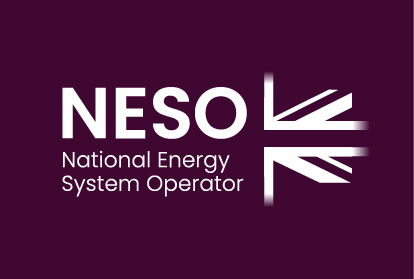There are limitations to the existing system which manages Flexible Distributed Generation (FDG) connections, which in turn limits the ability of connected Distributed Energy Resources (DER) to support the GB energy system. The system issues are as follows:
1. Current system is based on a last in first out (LIFO) system. It does not consider the distance of a customer from the nearest substation, which in some cases leads to higher overall DG curtailment.
2. Existing FDG only applies to generation. It does not enable other types of DER to connect flexibly.
3. Some FDG customers would be interested in participating in National Grid balancing services. However, if a generator was curtailed when called on to provide a balancing service, there would be a financial penalty imposed on them. We understand from our customers that the risk of penalties outweighs the benefit of participating in the market, which limits their ability to maximise income from their assets.
We anticipate a second influx of additional DG across GB networks sometime in the future. As it takes time to reinforce the network, it would be advantageous to identify where it is appropriate to maximise network capacity using market-based solutions. This will benefit customers and the network, and allow network-based solutions to be deployed quickly when and where they are needed.
Ofgem have asked the ESO and network companies to “lead on reviewing incremental improvements to the allocation of access rights (eg better management of connection queues, allowing generation who have non-firm connections to trade with others to reduce the extent they are curtailed, enabling the exchange of access rights between users).”
Objectives
Key Objectives:
· Better understand the feasibility of market-based curtailment management, and what is required to holistically deploy one. This may include recommendations for what regulatory incentives are required to make this viable.
· Understand from historic FDG curtailment data what the potential benefits are of a MBCM.
· Forecasting future levels of curtailment, given current levels of growth in rooftop solar and electric vehicles.
· To design a system compatible with multiple technology and commercial solutions.
· Quantify the financial value of market-based curtailment management for customers and the DSO.
· Quantify impact the system will have on UK decarbonisation.
· To simulate market-based curtailment management and, if successful, carry out a live trial.
· Develeop learning on whether allowing generators who have non-firm connections to trade access rights with others will lead to holistic system benefit.
· Use learnings from MBCM to develop a more sophisticated reinforecement trigger. This will signal when reinforcement is the least cost solution when taking into consideration the cost of curtailment.
Desired Outcomes:
· Progress towards a DSO – greater understanding of what will be required.
· Enable better management of connection queues.
· Improve the profitability and reduce curtailment for DER, especially low carbon technologies, on our network .
· Facilitate the low carbon transition of the UK economy.
Learnings
Outcomes
There are two key outcomes for UK Power Networks that followed on from the completion of the Energy Exchange project:
· The work completed in the Energy Exchange project directly informed and led to the generation turn down product that UK Power Networks procured as part of the Spring 2023 Flex Tender. This is a form of market-based curtailment management.
· As a business development following the project, UK Power Networks developed a 'flexible connection' solution for batteries within the EPN Regional Development Plan. This solution enables storage technologies to participate confidently in National Grid ESO services by providing a day-ahead operating envelope.
Lessons Learnt
All modifications to planned project approach, noted in the previous section, were based on learnings developed in the project. In addition to these learnings, there were other lessons learnt that could help future projects:
· Stakeholder engagement during the project showed strong support for Energy Exchange – with 95% of DER respondents at the UK Power Networks ‘Winter Flexibility Forum 2020’ indicating they would like to participate or that UK Power Networks should develop this in its plans for the RIIO-ED2 period.
· Delivering MBCM involves the interplay of commercial (contracts, market design, procedures, settlements, CBA), technical (API dispatch mechanism, making dispatch decisions, short-term forecasting, market platforms) and stakeholder engagement to deliver a viable trial as a path to BAU. Delivering all those elements requires a staged programme of end-end testing with a clear benefits case for external participants at each stage.




